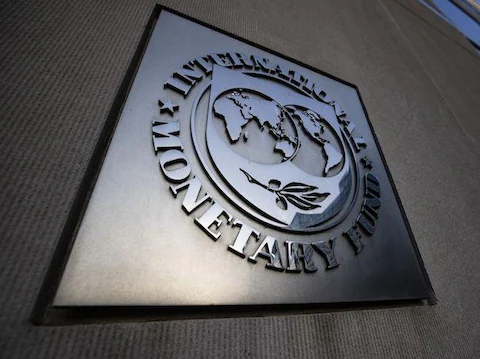The International Monetary Fund projected a slowdown in the Gross Domestic Product (GDP) from 3.5 per cent to 2 per cent for the current fiscal, The News International reported.
According to the Pakistan daily, the IMF had also projected that the GDP growth rate would rebound in the next fiscal 2023-24 up to 4.4 per cent.
Global growth is projected to fall from an estimated 3.4 per cent in 2022 to 2.9 per cent in 2023, then rise to 3.1 per cent in 2024, according to IMF’s World Economic Outlook (WEO) released on Tuesday.
The rise in central bank rates to fight inflation and Russia’s war in Ukraine continue to weigh on economic activity. The rapid spread of Covid-19 in China dampened growth in 2022, but the recent reopening has paved the way for a faster-than-expected recovery, reported The News International.
Global inflation is expected to fall from 8.8 per cent in 2022 to 6.6 per cent in 2023 and 4.3 per cent in 2024, still above pre-pandemic (2017-19) levels of about 3.5 per cent. The balance of risks remains tilted to the downside, but adverse risks have moderated since the October 2022 WEO.
On Tuesday, Pierre-Olivier Gourinchas, the chief economist of the IMF, said Pakistan is going to slow down, and that’s partly the end of the stimulus from fiscal policy in 2022, according to the statement released on IMF’s website.
Responding to a query regarding the bailout program negotiations with Pakistan, Gourinchas said, “Pakistan’s economy is coming out of a very strong 2022 with 6 per cent growth, well above the world average. But in 2023, there will be a slowdown, and that’s partly the end of the stimulus from fiscal policy in 2022. That’s going away. And also because of the high inflation, the central bank has increased interest rates, which we see as an appropriate step, 17 per cent recently, the interest rates.”
“That’s going to cool domestic demand. And so we see a growth of 2 per cent in 2023. Unfortunately, we also had to downgrade the forecast growth for Pakistan by one and a half percentage points for 2023. And that’s because of the floods, which was a terrible supply shock, both reducing activity, but also raising inflation and putting various pressures on the country. Inflation, therefore, went up because of this. We see inflation reaching about 21 per cent in 2023. This is also because of the exchange rate depreciation,” he further stated.

